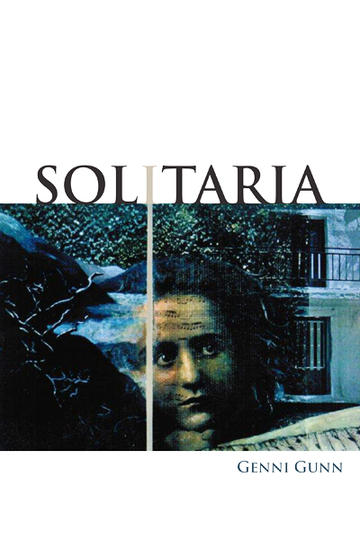When Vito Santoro's body is inadvertently unearthed by a demolition crew in Fregene, Italy, his siblings are thrown into turmoil, having been told by their sister Piera that Vito had fled to Argentina fifty years earlier after abandoning his wife and son. Piera, the self-proclaimed matriarch, locks herself in her room, refusing to speak to anyone but her Canadian nephew, David. Now scattered over three continents, the family members regroup in Italy to try to discover the truth.
Genni Gunn is a writer, musician and translator. Born in Trieste, she came to Canada when she was eleven. She has published eight books: two novels--Tracing Iris and Thrice Upon a Time, two short story collections--Hungers and On The Road, two poetry collections-- Faceless and Mating in Captivity. She has translated from the Italian two collections of poems, and two of her books have been translated into Italian. Her work has been shortlisted for the Commonwealth Writers' Prize, the John Glassco Translation Award and the Gerald Lampert Award, and her novel Tracing Iris is being made into a feature film. Her opera, Alternate Visions premiered in Montreal in 2007 and was projected in a simulcast at The Western Front in Vancouver.
“It doesn't hurt that Gunn was born in Trieste, Italy, living there until she was 11, and is a translator and a musician. She brings dusty Italy to life, moving from 1926 up to 2002. Gunn gives us the poverty, the clearly defined sex roles, a Canadian confusion when confronted by vendettas, and she manages to have seven different voices speaking solo, then in harmony, then in spiteful duets. There's even a surprise crescendo at the end. The novel is part mystery, part family saga. The reader at first is in Piera's camp (since she is telling the story). But as others give their versions, and fill in the blanks, we are reminded that a traffic accident seen by seven different people may have seven different versions. But only Piera knows the most important facts — and like any good storyteller she knows when to pause, so that the rush to the revelation at the end has the most power. Like a good aria.”
—The Winnipeg Free Press



